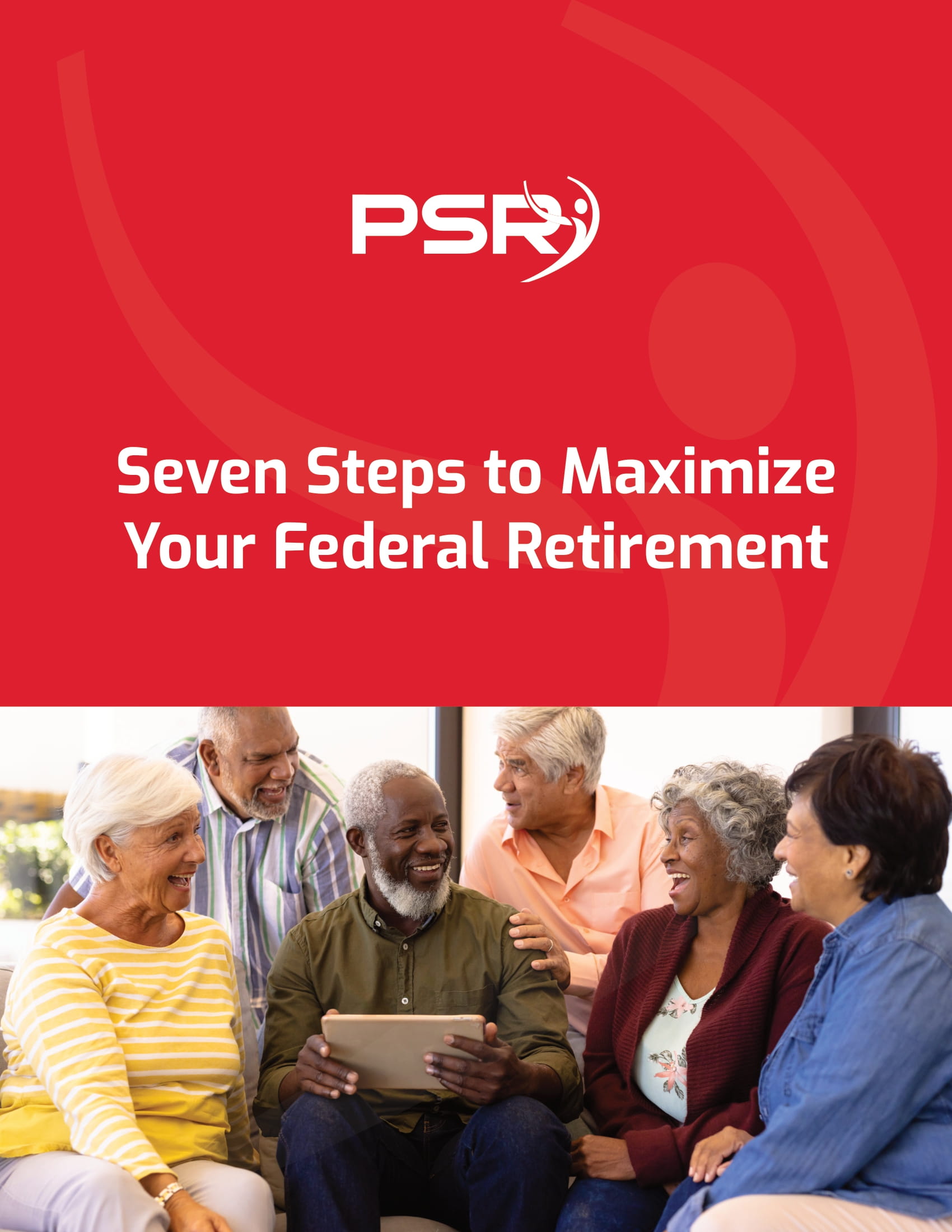Key Takeaways:
- Leaving federal service early can affect your retirement benefits and healthcare costs, so it’s important to understand how each works before making any decisions.
- The best retirement timing depends on factors like pension eligibility, Thrift Savings Plan (TSP) withdrawals, and healthcare coverage.
Are You Financially Prepared to Retire Early?
As a federal employee, retiring early may seem like an attractive option, especially if you’re looking forward to more personal time or pursuing other passions. But before taking the leap, it’s crucial to evaluate your financial situation carefully. While leaving the workforce early might give you freedom, it can also impact your long-term financial security, including your pension and healthcare.
- Also Read: Divorce and Your Federal Pension—What Happens When You Split Assets and How It Could Affect Your TSP
- Also Read: What Happens to Your Federal Benefits After Divorce? Here’s the Lowdown
- Also Read: The Best FEHB Plans for 2025: Which One Fits Your Lifestyle and Budget the Best?
How Does Early Retirement Impact Your Federal Pension?
Federal employees fall under one of two pension systems: the Civil Service Retirement System (CSRS) or the Federal Employees Retirement System (FERS). If you retire early, the formula used to calculate your pension might not fully benefit you. For FERS employees, for instance, you generally need at least 30 years of service at the age of 55 or 60 to receive your full pension. Retiring before meeting these milestones will likely reduce the amount you receive.
For those under FERS, early retirement may result in the Minimum Retirement Age (MRA) plus 10 rule. Under this option, you can retire at your MRA (which ranges from 55 to 57 depending on your birth year) with at least 10 years of service, but your pension will be reduced by 5% for each year you are under the age of 62.
How do you avoid this reduction? It’s simple but requires patience. If you want to receive an unreduced pension, you can postpone your retirement benefits until you reach 62, which may be a better option if you’re in good health and can wait to access your retirement money.
The Role of the Thrift Savings Plan (TSP) in Early Retirement
The Thrift Savings Plan (TSP) is a critical piece of the federal retirement package. It operates much like a 401(k) in the private sector, allowing you to save and invest for your future. But what happens to your TSP if you retire early?
Federal employees can start withdrawing from their TSP accounts penalty-free once they hit the age of 59½. Retiring before this age may subject you to a 10% early withdrawal penalty unless you qualify for an exemption. One such exemption includes leaving federal service during the calendar year in which you turn 55 or later. Keep in mind, though, that while you can withdraw from the TSP, doing so prematurely could deplete your savings faster than expected.
What are your options for the TSP if you retire early? You could leave the money in the TSP and let it continue to grow, make partial withdrawals, or roll it over into another retirement account, such as an IRA. Each option has its own benefits and tax implications, so it’s worth exploring these before making any final decisions.
What About Your Healthcare Benefits?
Healthcare is one of the most important factors to think about when considering early retirement. Federal employees have access to the Federal Employees Health Benefits (FEHB) program, which provides excellent coverage during employment and retirement. However, retiring before age 60 could complicate your continued eligibility for FEHB.
To maintain FEHB coverage after retirement, you must meet two basic requirements: you must retire on an immediate annuity, and you must have been enrolled in FEHB for at least five consecutive years before retiring. If you retire early and do not meet these requirements, you might lose your eligibility to continue this coverage, which means you’ll have to find health insurance elsewhere – potentially at a much higher cost.
Additionally, if you’re not yet eligible for Medicare, you could face a gap in coverage if you’re not careful. This gap could result in out-of-pocket costs for medical expenses that could strain your retirement savings.
Will You Be Eligible for Social Security?
If you’re retiring early, it’s important to understand how this impacts your Social Security benefits. Although you can begin collecting Social Security as early as age 62, your benefits will be permanently reduced if you start taking them before your full retirement age, which is 66 or 67, depending on your birth year. This reduction can significantly lower your monthly Social Security payments, so carefully weigh your options before making any decisions.
If you’re a FERS employee, remember that the pension and Social Security are designed to complement each other. While FERS pensions may be smaller than CSRS pensions, they are meant to be supplemented by Social Security and your TSP withdrawals. But starting your Social Security payments early could reduce the overall amount you receive throughout retirement.
How Does Federal Sick Leave Factor Into Early Retirement?
Sick leave is often an overlooked aspect of retirement planning for federal employees. Under FERS and CSRS, any unused sick leave can be converted into additional service time, which can boost your pension. However, the conversion rules differ slightly depending on which system you fall under.
For FERS employees, sick leave is added to your length of service after calculating your eligibility for retirement. For CSRS employees, the added sick leave may directly impact your pension calculation. Therefore, if you’re considering retiring early and have accumulated a significant amount of sick leave, it may be worth delaying your retirement slightly to maximize this benefit.
How Do Life Events Impact Your Retirement Timeline?
Finally, life events such as marriage, divorce, or children’s college plans can significantly impact your decision to retire early. You’ll want to ensure that your spouse is also taken care of in retirement. This means exploring survivor benefits, healthcare, and other joint financial obligations. If you have children heading to college soon, early retirement might complicate tuition payments, especially if you plan to help financially.
In terms of survivor benefits, under FERS, your spouse may be eligible to receive a portion of your pension after your death, but you need to elect this option at retirement, and it will reduce your pension slightly. This is another important decision to make before you retire.
Final Thoughts on Early Retirement
Taking the plunge into early retirement is a significant decision, especially as a federal employee. It’s crucial to be informed about how your pension, healthcare, and Social Security benefits will be affected, and whether you’re financially prepared for the long haul. While early retirement offers freedom and flexibility, it also requires careful planning and a thorough understanding of your benefits to avoid potential shortfalls in income or healthcare coverage.













